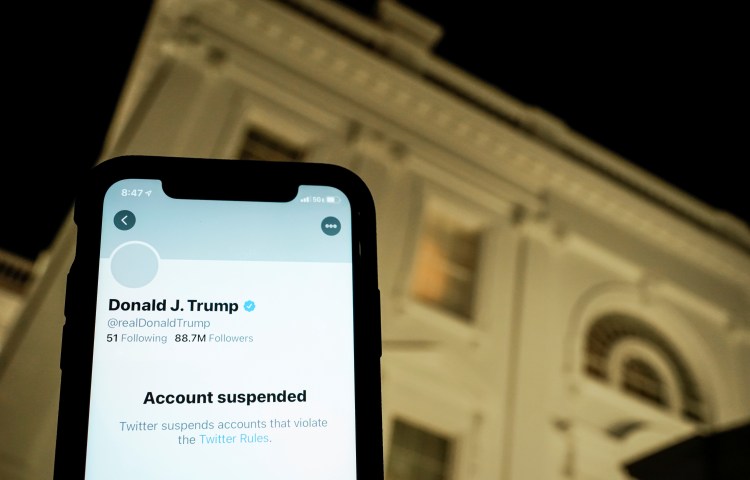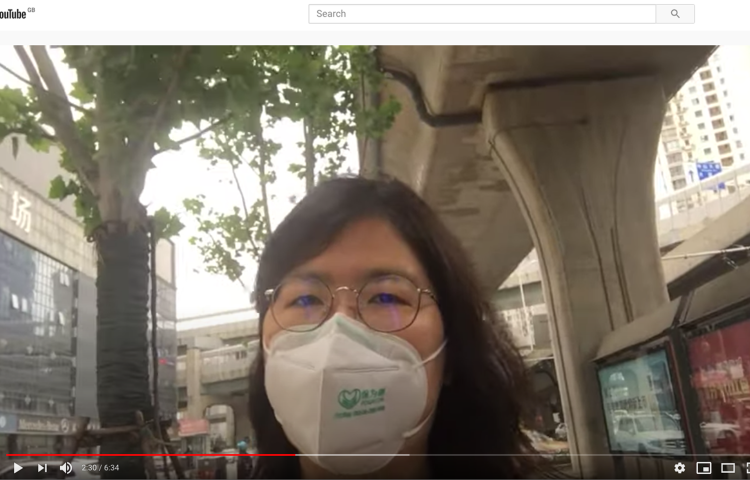Madeline Earp
Madeline Earp is a consultant technology editor for CPJ. She has edited digital security and rights research for projects including five editions of Freedom House’s Freedom on the Net report, and is a former CPJ Asia researcher.

Pegasus Project revelations show added layer of risk for corruption reporters
Exposing those who abuse power for personal gain is a dangerous activity. Nearly 300 journalists killed for their work since CPJ started keeping records in 1992 covered corruption, either as their primary beat, or one of several. The risk was reaffirmed this month with the release of the Pegasus Project, collaborative reporting by 17 global…

Investigative reporter Bradley Hope: Pegasus spyware revelations a ‘wake-up call for journalists’
Bradley Hope was in Abu Dhabi in 2009, the year the BlackBerry devices overheated. “If you put it next to your face it would almost burn,” he told CPJ in a phone interview. The BBC that year reported that a UAE telecom company had prompted local BlackBerry owners to install a rogue surveillance update disguised…

Israeli lawyer Eitay Mack on bringing transparency to surveillance exports that threaten press freedom
“Many countries are using these technologies to put people in jail,” Israeli lawyer Eitay Mack told CPJ in a recent video interview. He was describing advanced surveillance capabilities, such as those that CPJ has documented being used to target journalists like Omar Radi and Maati Monjib, who were both jailed in Morocco in 2020. Israeli companies like NSO Group and Cellebrite market equipment to…

UK online safety bill raises censorship concerns and questions on future of encryption
The U.K. government emphasized press freedom this month when it published the draft online safety bill for social media companies, pledging that the bill would protect both “citizen journalism” and “recognized news publishers” from censorship. Vocal segments of the media not only welcomed the legislation, but actively campaigned for it. When Oliver Dowden, secretary of…

New York Times journalist Nicole Perlroth on the secret trade in tools used to hack the press
The last time New York Times cybersecurity journalist Nicole Perlroth spoke with Emirati activist Ahmed Mansoor in 2016, his passport had been taken and he had recently been beaten almost to the point of death. “We learned later on that our phone conversation had been tapped, that someone was in his baby monitor, that his…

How Vietnam-based hacking operation OceanLotus targets journalists
In early 2020, Vietnamese writer Bui Thanh Hieu told Marina Mai, a freelancer based in Berlin, that he was closing his blog to protect his family. In 2009, Hieu was detained for a week for his critical writing on Vietnam’s territorial disputes with China, as CPJ documented. In 2013, he fled to Germany, but continued writing…

Section 230 reform could have unintended consequences for the press
Twitter’s permanent suspension of President Donald Trump’s account is reinvigorating debate about the law that protects social media platforms – specifically, Section 230 of the Communications Decency Act. The statute shields tech companies and news websites from liability for making decisions about what people can say on their platforms, whether they take it down, or…

Turkish news podcasts on notice as regulator licenses Spotify
Spotify, the New York-headquartered audio streaming service, was one of four companies required to apply for a license to broadcast on the internet in Turkey in October, according to local news reports–a sign of Turkey’s strengthening regulatory power over podcasts, including news and commentary. The requirement was announced as Turkish authorities appeared to be ramping up…

Journalists jailed for social media “terrorism” highlight content moderation challenges
A journalist in China uploaded a video to YouTube criticizing the Chinese government’s response to the coronavirus outbreak in Wuhan. Another, in Vietnam, left a state-owned newspaper but continued posting stories they wouldn’t let her cover on Facebook. In Egypt, a freelance photographer streamed an anti-government protest from his balcony on Facebook Live. In Iran,…

Germany revisits influential internet law as amendment raises privacy implications
On October 1, a new law to regulate content posted on social media platforms took effect in Turkey, The Guardian reported. Turkish journalists already face censorship and arrest because of social media posts, CPJ has found, and the law offers just one more tool to censor news. Yet the legislation was not solely conceived in Ankara; it follows the example of one…